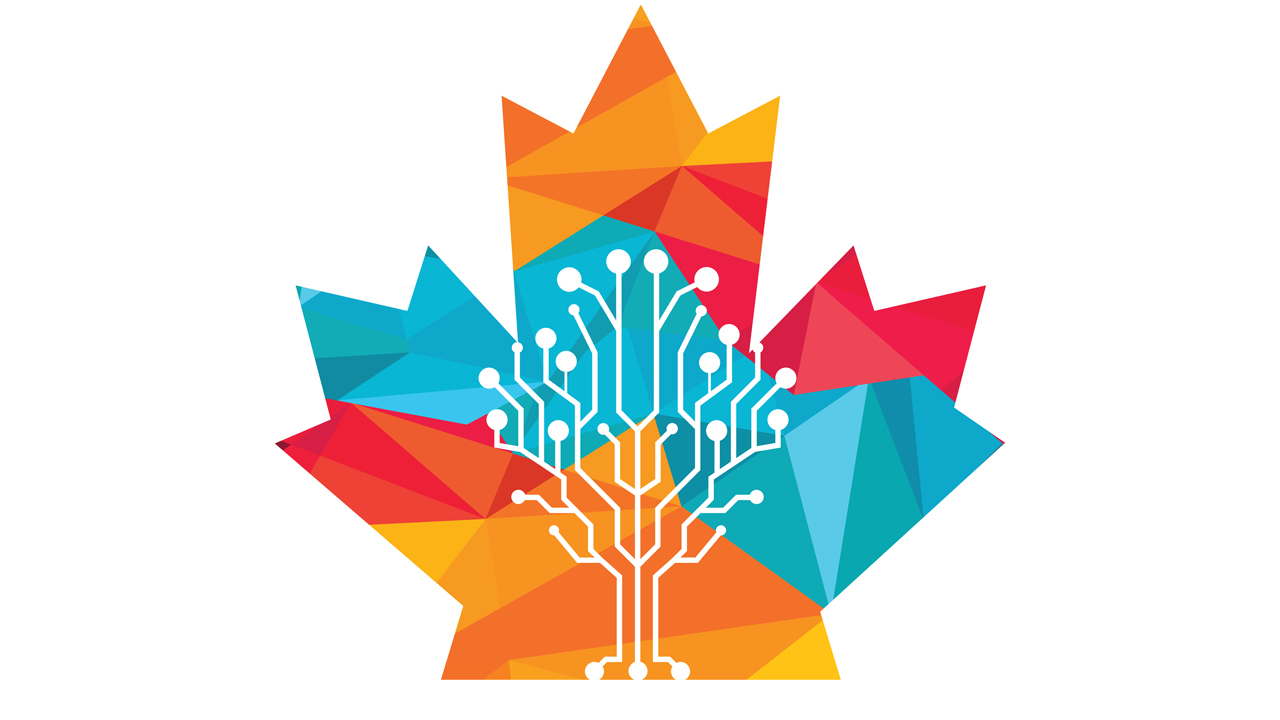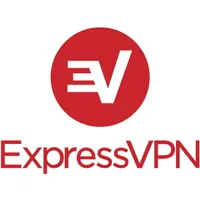Why do you need a VPN in Canada?
As VPN usage has soared in Canada, what are their top uses?

Here at Tom’s Guide our expert editors are committed to bringing you the best news, reviews and guides to help you stay informed and ahead of the curve!
You are now subscribed
Your newsletter sign-up was successful
Want to add more newsletters?

Daily (Mon-Sun)
Tom's Guide Daily
Sign up to get the latest updates on all of your favorite content! From cutting-edge tech news and the hottest streaming buzz to unbeatable deals on the best products and in-depth reviews, we’ve got you covered.

Weekly on Thursday
Tom's AI Guide
Be AI savvy with your weekly newsletter summing up all the biggest AI news you need to know. Plus, analysis from our AI editor and tips on how to use the latest AI tools!

Weekly on Friday
Tom's iGuide
Unlock the vast world of Apple news straight to your inbox. With coverage on everything from exciting product launches to essential software updates, this is your go-to source for the latest updates on all the best Apple content.

Weekly on Monday
Tom's Streaming Guide
Our weekly newsletter is expertly crafted to immerse you in the world of streaming. Stay updated on the latest releases and our top recommendations across your favorite streaming platforms.
Join the club
Get full access to premium articles, exclusive features and a growing list of member rewards.
In March 2020, leading provider NordVPN released figures that showed Canada VPN usage had grown by 206% as the COVID-19 pandemic had pushed many people to adapt to working from home. However, that rise is also aided by the growth in the number of people becoming concerned with the online security of their devices and personal data.
But this isn’t the only reason people are seeking out the best VPN providers, and in this article, we’ll discuss some of the most common VPN uses for those living in and traveling to Canada.
Personal identity and data protection
This was, and for many still is, the primary use of a VPN. It’s one of the most efficient ways of both enhancing your online security and keeping your internet activity hidden from the prying eyes of internet service providers (ISPs), hackers, and government agencies.
As part of the Five Eyes alliance, Canada is one of five countries (alongside the USA, UK, Australia, and New Zealand) that openly shares the data they collect on their citizens with each other. With that in mind, it’s no wonder VPNs are on the rise in Canada – and UK VPN and US VPN services are also booming, too.

Unblocking worldwide content
Have you exhausted the list of things you want to watch on your favorite streaming service? By spoofing your IP address, VPNs can fool content providers into thinking you’re in a different country. Whether you use Netflix, Disney+, or Amazon Prime Video, the best streaming VPN will help you unlock a plethora of additional content from all over the world.
It’s worth noting that using a VPN to access additional content goes against the Ts&Cs of most content providers, and if they catch you in the act they may cancel your subscription. That said, it very rarely happens (as they want your custom) and it’s more likely that they’ll only block you from streaming content whilst connected to a VPN. However, a good Netflix VPN will usually go undetected.
Protect yourself from cybercrime
All over the world, cybercrime of all kinds is growing at an alarming rate. In fact, in August 2020, the Canadian Center for Cyber Security said: “Ransomware is one of the most common forms of cybercrime and is one of the cyber threats most likely to affect Canadians.”
Ransomware is a type of malware attack that prevents the users of a device or network from accessing their device, network, or data until a ransom fee has been paid. This isn’t the only threat out there, and there are plenty of ways that unsavory people may look to exploit your data.
Whilst a VPN alone won’t make you invincible to cyber-attacks, hackers have a tendency to target users with the most vulnerable systems. So by employing a VPN, you will significantly enhance the security of your device and data, thus making you less of a target to hackers.
Ditch the trackers
Unsurprisingly, the government isn't the only organization that has a vested interest in keeping tabs on your internet activity. Your ISP will monitor everything you do on the internet, as will most search engines (especially Google) and social media platforms (Facebook, Twitter, and YouTube).
Why do these sites care about what you do online? Because by building up a portfolio of your online activity, these companies can get a clear picture of your likes and dislikes. In doing so, each one is able to personalize advertising to suit your tastes, making a lot of money out of it. In essence, if you’re not paying for the product (and in some cases even if you are paying), then you are the product.
Using a VPN is only one step to avoiding trackers. If you want to avoid them altogether, then you’ll need to stop using social media and opt for more privacy-centric search engines like DuckDuckGo, but as a first step towards protecting yourself online, using a secure VPN is a great start.
Which VPN do we recommend for users in Canada?
ExpressVPN stands out from the competition in terms of price, features, and value. With servers in nearly 100 countries, excellent censor-evading power, blazing connection speeds, and reliable access to multiple streaming services, ExpressVPN has everything that one would need from a VPN in Canada.
While some users may prefer certain features of other top VPNs, it’s the best overall option for most users – and now Tom’s Guide readers can claim three months absolutely free.
- Save big money with the best VPN deals
- Amazon users should have a look at the best Fire Stick VPN
- Pick up a bargain with a cheap VPN
Get instant access to breaking news, the hottest reviews, great deals and helpful tips.

Thomas Johnson is a freelance journalist whose passion and fascination with technology has led him here. He contributes to Future titles, such as Tech Radar, Tom’s Guide, IT Pro Portal and Creative Bloq. He’s also a self-confessed film snob and is the Editor of Salty Popcorn, a bi-weekly Substack dedicated to movie news, reviews and trivia.
 Club Benefits
Club Benefits











